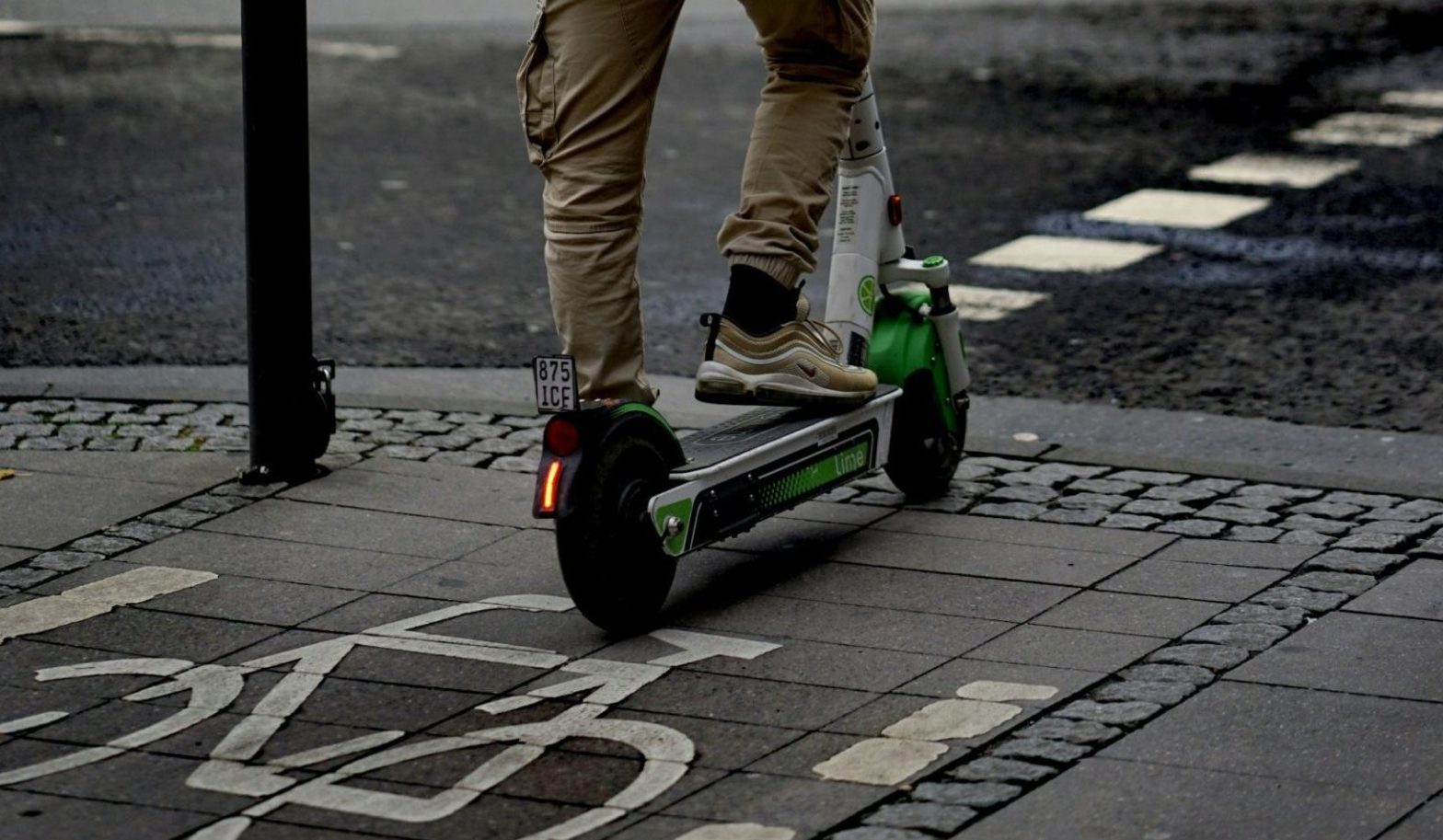
Photo: City of Antwerp
MaaS needs legislation, says Antwerp’s transport chief
29 September 2022
by Christopher Carey
Mobility-as-a-service (MaaS) has been a much vaunted concept since it first emerged in the mid-2010s, promising a one-stop shop for transport needs.
Helsinki, Antwerp and Berlin have been early pioneers in the field, but the idea has yet to take off on a wider scale.
On the sidelines of the Cities Today Institute’s City Leadership Forum in Madrid, Antwerp’s Vice-Mayor for Mobility Koen Kennis said MaaS can still deliver – but finding a balance of power is crucial.

“MaaS can be a solution – whereby residents don’t have to open each [mobility] app to access a service,” he commented.
Antwerp takes a market-based approach towards MaaS – rather than promoting just one app, the municipal government works with companies to create different services that meet users’ needs more precisely.
The city currently has three primary MaaS providers – Whim, Skipr and Olympus Mobility.
They operate across several models – including business-to-business and business-to-customer – and cover all public transport, bikeshare, e-scooter and carshare services.
“I don’t think cities have to take the lead [on providing MaaS] – private companies can organise this, but they have to have open access to all the different suppliers of mobility solutions, starting with public transport of course.”
Looking at who ultimately controls the MaaS ecosystem, Kennis acknowledged the need for some kind of overarching authority, and pointed towards Finland as an example.
In 2017, the Finnish national government passed legislation requiring all transport providers – both private companies and public transit authorities – to share data with one another and enable other parties to sell their trips.
“I think we have to have legislation on what needs to be done, that operators have to deliver the data, but also the need for an agreement on collaboration that stays within GDPR law,” Kennis added.
“This could be a government director of all mobility solutions, deciding what’s coming in, what’s not coming in and asking ‘how do we regulate this?’.
“They would be responsible for looking at the different MaaS solutions and saying ‘ok, this one is fit for our city or region, but this one doesn’t have enough solutions in its app or is making choosing services difficult’.
“I hope that in the future we will have a few different MaaS applications in Europe, operating in every city.”
New projects
Several new MaaS projects have sprung up since the pandemic, as cities look to reduce car use.
The trial phase of a project in Turin, Italy is set to conclude this month and has already received positive feedback from participants.
Co-financed by the Italian Ministry of Ecological Transition, the trial provided 100 families with ‘mobility vouchers’ worth €150 (US$144) per month to use on local public transport, mopeds, taxis, e-scooters, car-sharing and rental services.
Eighty-one percent of users expressed ‘great satisfaction’ with the initiative, rating it 4.25 out of 5.
A preference for public transport emerged among the participants, followed by car-sharing and mopeds.
Almost all of the users reported a five-minute reduction in travel times, with 10 percent saying they save up to 15 minutes.
To be eligible for the trial, participants could not own a car, meaning modal shift patterns couldn’t be observed.
Regaining the city
In looking to expand the number of mobility services available, the Spanish city of Valencia is currently working with the national transport operator and six other regional cities to develop a MaaS app.
Funded by the EU, the project is now in a procurement phase with a view to launching the tool in 2023.
“We will create the platform and all the software we need, and then we’ll introduce all the services for our residents,” Valencia’s sustainable mobility lead Giuseppe Grezzi told Cities Today.
While still in its early stages of development, Grezzi believes the app could help transform the city’s mobility ecosystem.
“One of our biggest goals is to reduce car use and regain the city through more pedestrian areas, better public transport and by increasing our bike lane network.
“I hope in 2023 this [app] will be a reality.”











